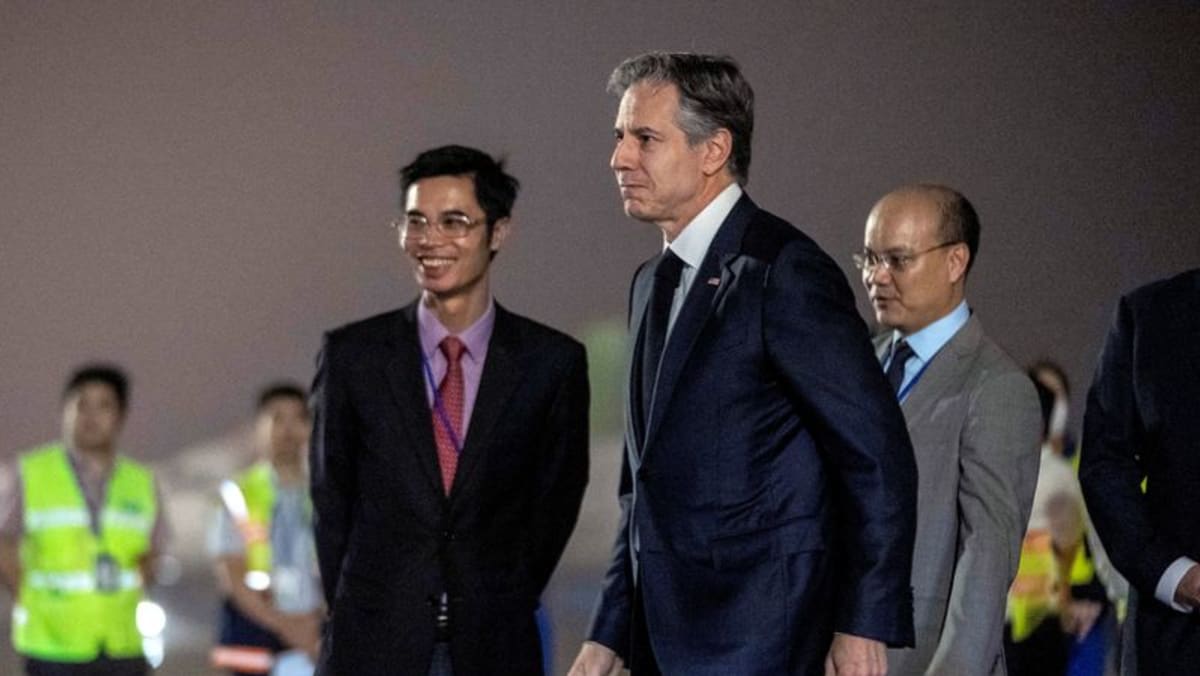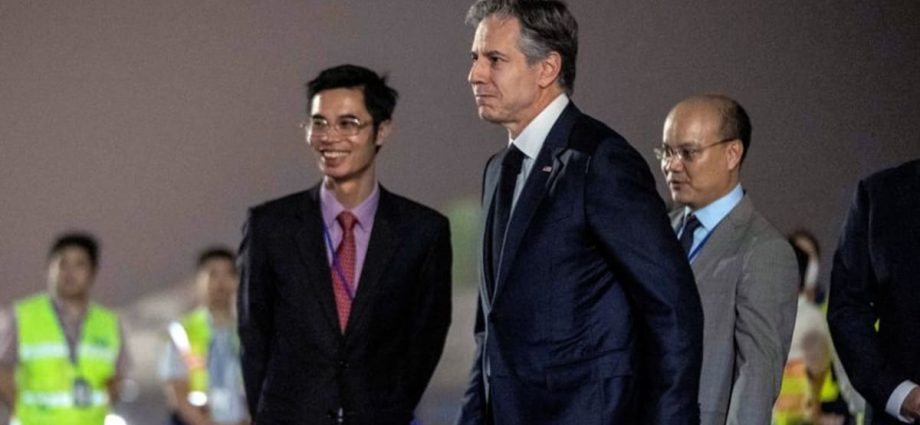
For Hanoi, it has been a difficult balancing act, being open to more cooperation with Washington without upsetting Beijing, even though Vietnam has been alarmed by China’s growing military claims in the South China Sea.
The diplomatic calculus is further complicated by the increasingly close relationship between Beijing and Moscow, which last year declared a “no limits” partnership shortly after Russia’s invasion of Ukraine.
Last month saw a call between US President Joe Biden and the head of Vietnam’s ruling Communist party Nguyen Phu Trong, which together with Blinken’s visit could lead to a meeting between the two in July, the 10th anniversary of the existing formal bilateral partnership, analysts say.
But while the United States will likely to push for stronger ties with Vietnam, Hanoi may not share the enthusiasm, Rand Corporation analyst Derek Grossman said.
“For one thing, there is no need, from Vietnam’s perspective, to unnecessarily antagonise China … Another is that Hanoi wants to avoid appearing openly part of the US Indo-Pacific Strategy designed to counter China,” he said.
Blinken is also expected to raise human rights issues with Vietnamese officials. Rights groups have regularly raised concerns over the communist country’s treatment of dissidents.
Earlier this week, a Hanoi court sentenced a prominent Vietnamese political activist to six years in prison for conducting anti-state activities, his lawyer said.

